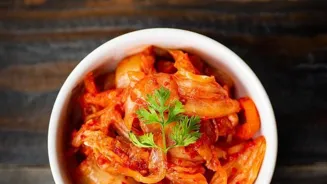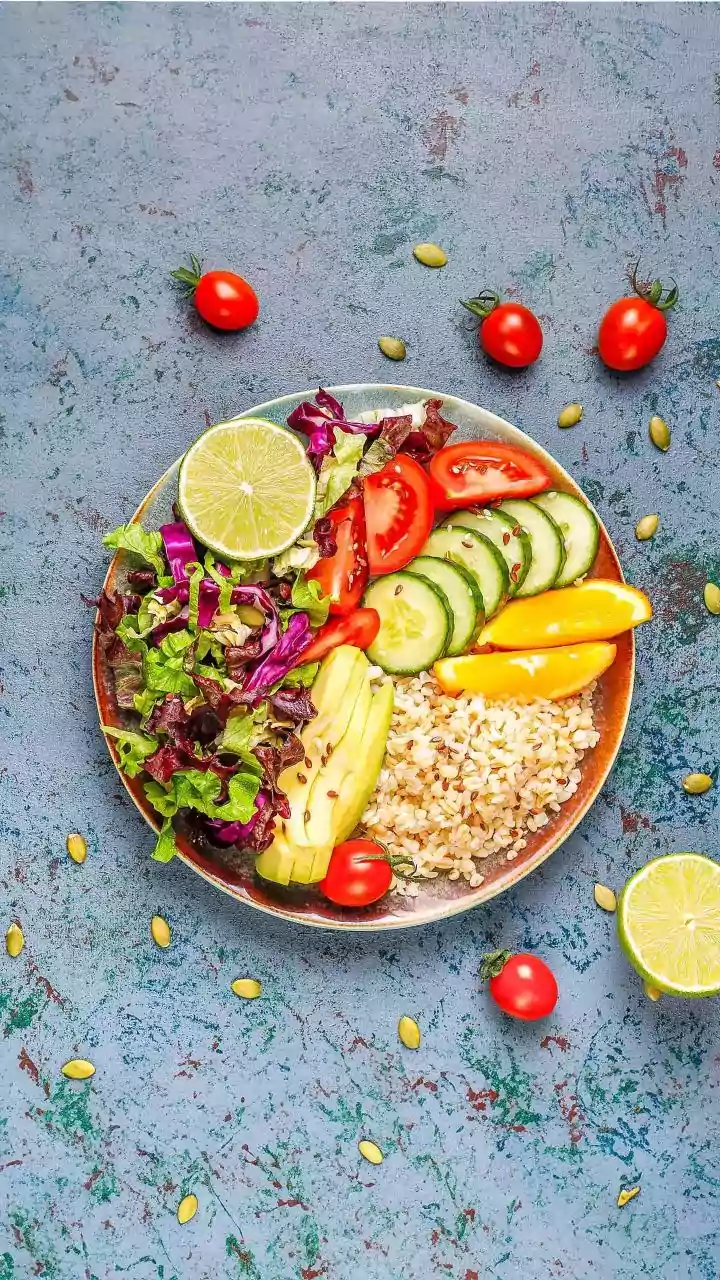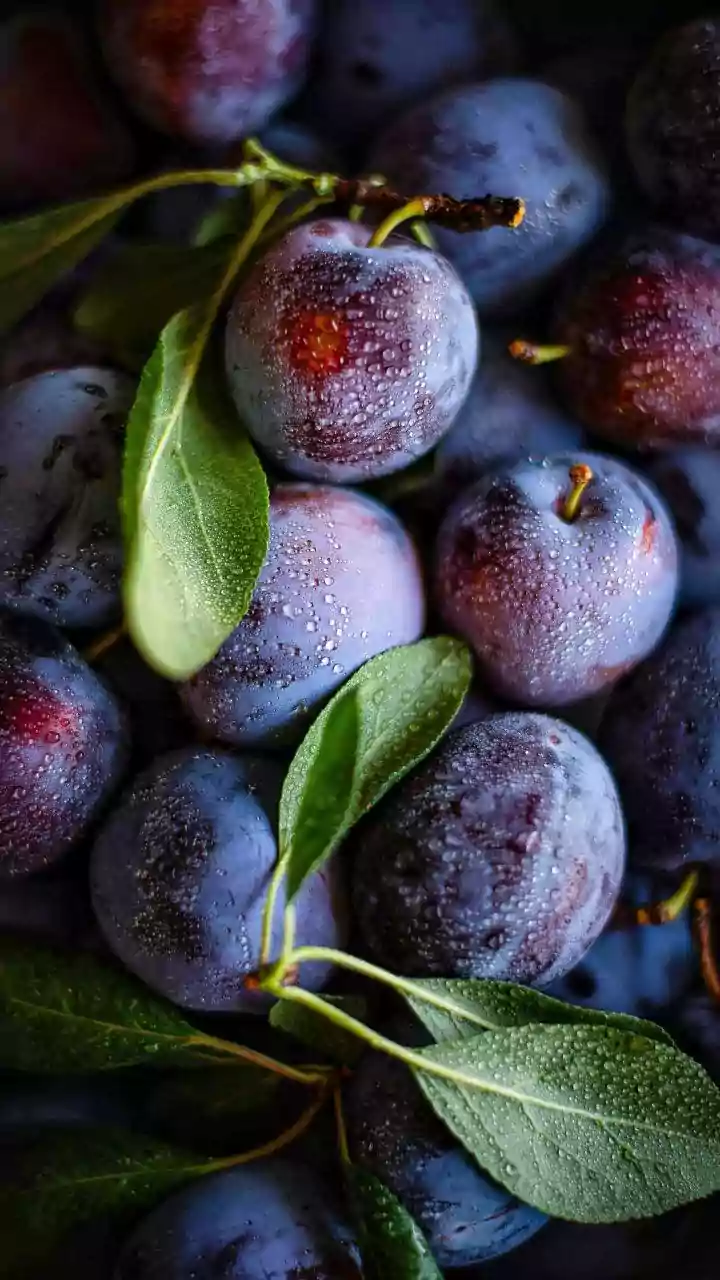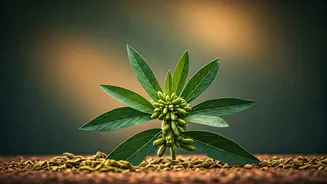Unveiling the Magic of Fermentation in Indian Cuisine - Explore the ancient art shaping flavors and health benefits! Read more
India, a land of vibrant colours, diverse cultures, and of course, incredibly
flavourful food. Beyond the curries and the spices, lies a secret ingredient that has been quietly enhancing Indian cuisine for centuries: fermentation.
This ancient technique, involving the use of microorganisms to transform food, is not just a traditional practice, but a powerhouse of health benefits and culinary artistry.
From the simplest dosa to the most elaborate pickles, fermentation plays a vital role in shaping the unique taste and nutritional profile of countless Indian dishes. Let's dive into the fascinating world of fermentation and discover its significance in our kitchens.
Fermentation transforms food with microorganisms, enhancing taste and health benefits
Fermentation is essentially a natural process where microorganisms like bacteria, yeast, or fungi break down carbohydrates like sugar and starch in food.
This breakdown results in the production of various byproducts, such as acids, gases, and alcohol, which alter the taste, texture, and nutritional content of the food.
In the Indian context, fermentation is used to create a wide array of products ranging from staple foods like idli and dosa to flavorful condiments like pickles and chutneys.
Think about the tangy taste of curd (dahi) or the slightly sour flavour of kanji; these are all testaments to the magic of fermentation. The process not only enhances the taste but also offers several health benefits, making it an integral part of the Indian diet.
The beauty of fermentation lies in its simplicity. All you need is the right environment, the right microorganisms, and a little patience.
Fermented foods boost nutrition, aid digestion, and improve gut health
The benefits of including fermented foods in our diet are plenty. First and foremost, fermentation boosts the nutritional value of food. For example, fermenting grains and legumes increases the bioavailability of minerals like iron and zinc, making them easier for our bodies to absorb.
This is particularly beneficial for vegetarians and vegans who rely on plant-based sources of these nutrients. And did you know that fermented foods are excellent sources of probiotics?
These beneficial bacteria help improve gut health by promoting a healthy balance of microorganisms in our digestive system. A healthy gut is crucial for overall well-being, as it impacts everything from immunity to mood.
Fermented foods also contain enzymes that aid digestion, making it easier for our bodies to break down and absorb nutrients. Moreover, the process of fermentation can reduce the levels of anti-nutrients, such as phytic acid, which can interfere with nutrient absorption.
Popular Indian fermented dishes: Idli, Dosa, and Dhokla
Now, let's explore some popular fermented dishes in Indian cuisine that you can easily prepare at home. First off, we have the quintessential Idli and Dosa. These South Indian favourites are made from a batter of fermented rice and lentils.
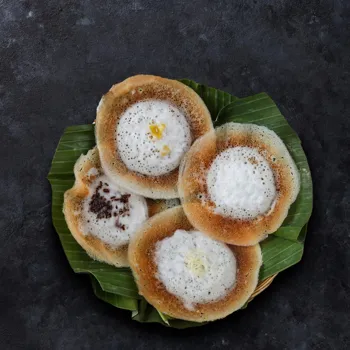
The fermentation process not only gives them their signature tangy flavour but also makes them light and easy to digest. The batter is typically fermented overnight, allowing the microorganisms to work their magic. Secondly, there's Dhokla, a steamed snack from Gujarat.
It's made from fermented besan (gram flour) batter, which gives it a spongy texture and slightly sour taste. Dhokla is often seasoned with spices and served with chutney, making it a delightful and healthy snack option.
Gujarati khaman, Indian curd, and kanji hold fermented goodness
Moving on, we have Khaman, another Gujarati delicacy. Similar to dhokla, khaman is also made from fermented besan batter but has a slightly different texture and taste. It's often garnished with mustard seeds, curry leaves, and coriander, adding to its flavour profile.
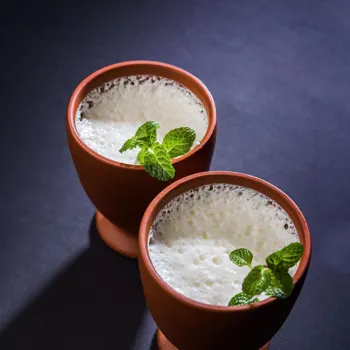
Furthermore, let us check Curd (Dahi), a staple in Indian households, is perhaps one of the simplest forms of fermented food. It's made by adding a starter culture of bacteria to milk, which then ferments overnight to create a creamy and tangy curd.
Curd is not just delicious, but also packed with probiotics and calcium, making it a healthy addition to any meal. The magic of Kanji, a fermented drink made from black carrots, is an acquired taste but boasts incredible health benefits.
It's typically prepared during the winter months and is known for its digestive properties. The fermentation process gives kanji its unique flavour and a boost of probiotics.
Indian pickles: fermented treasures enhancing taste and health
Lastly, the delicious Pickles (Achar) are an integral part of Indian cuisine, and many of them rely on fermentation for their characteristic flavour. While some pickles are made using vinegar or oil, traditional Indian pickles are often fermented using salt and spices.
This process not only preserves the vegetables or fruits but also enhances their taste and nutritional value. The fermentation process is what sets many pickles apart, giving them that distinctive sour and tangy flavour that complements our meals so well.
In conclusion, fermentation is more than just a cooking technique, it is an art and a science that has been passed down through generations in India.
It's a testament to the ingenuity and resourcefulness of our ancestors, who discovered a way to transform simple ingredients into nutritious and delicious meals. By embracing fermented foods, we not only honour our culinary heritage but also reap the numerous health benefits they offer.
So, why not try your hand at making some of these fermented delights at home and experience the magic of fermentation for yourself?
